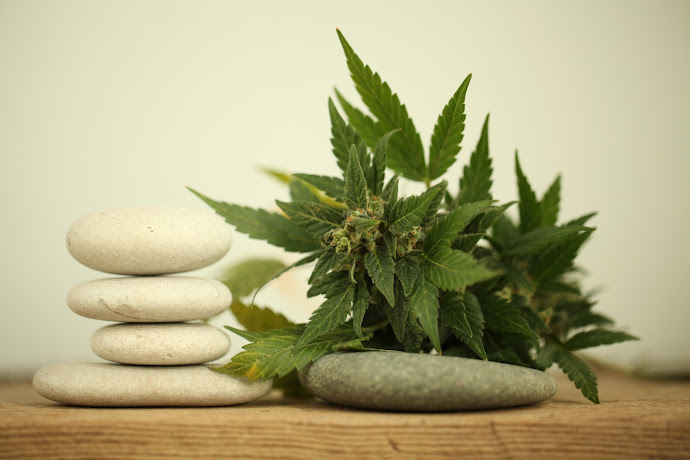Why Marijuana is Racist
The term "marijuana" has a troubling history steeped in racism and xenophobia.
Marijuana is a Spanish word that came from Mexico, brought to the US when legal Mexican immigrants were fleeing the Mexican Revolution in the early 20th century.
Anti-immigration advocates adopted the term to use in a derogatory way in connection with the rise of legal Mexican immigrants.
This was a strategic move to instill fear and prejudice, portraying cannabis as a dangerous substance used by outsiders, thereby spreading a narrative of criminality and moral decline.
This campaign of misinformation was spearheaded by Harry Anslinger, the first commissioner of the Federal Bureau of Narcotics.
Anslinger and his allies used the term "marijuana" to exploit racial fears, associating the plant with African Americans, jazz musicians, and Mexican immigrants.
The 1936 exploitation film “Reefer Madness” was racist propaganda that significantly influenced the Marihuana Tax Act of 1937, which effectively criminalized cannabis and set the stage for modern drug policies that have disproportionately targeted communities of color.
Understanding this history is vital for us today as we work to destigmatize cannabis and push for fair and just reforms in drug policies.
Fortunately, we're seeing positive changes in the perception and legal status of cannabis today.
One of the most significant developments would be the reclassification of cannabis from a Schedule I to a Schedule III substance.
As a Schedule I drug, cannabis is deemed to have no accepted medical use and a high potential for abuse, putting it in the same category as heroin and crack. Schedule I classification has severely hindered research, criminalized its use, and perpetuated the stigma we have today.
In August 2023, after considering data submitted by states with legal cannabis programs, the Department of Health and Human Services found that “marijuana has a currently accepted use” and recommended it be reclassified as a Schedule III drug.
Reclassifying cannabis to Schedule III recognizes the plant for medical uses and marks a substantial shift in how cannabis is being viewed, studies and regulated today.
This reclassification would be a major step forward for several reasons:
Firstly, it would facilitate much-needed research into the medical benefits of cannabis, allowing scientists and doctors to explore its therapeutic potential more freely.
Secondly, it would reduce the harsh legal penalties associated with cannabis, leading to fewer arrests and convictions, particularly among communities of color who have been disproportionately affected by drug enforcement policies.
Lastly, a Schedule III status would likely expand access to cannabis for medical purposes, making it easier for patients like you to obtain and use cannabis safely and legally.
Along with rescheduling, using the word “cannabis” instead of “marijuana” is a crucial move towards acknowledging the plant's medicinal value and correcting the injustices rooted in its historical criminalization.
Follow on IG
Follow in FB



Comments
Post a Comment